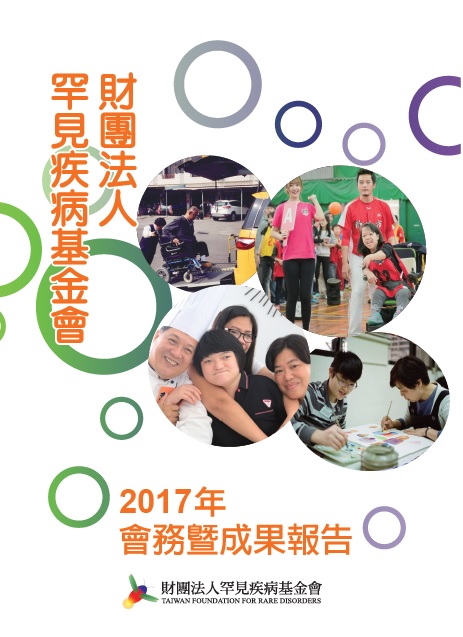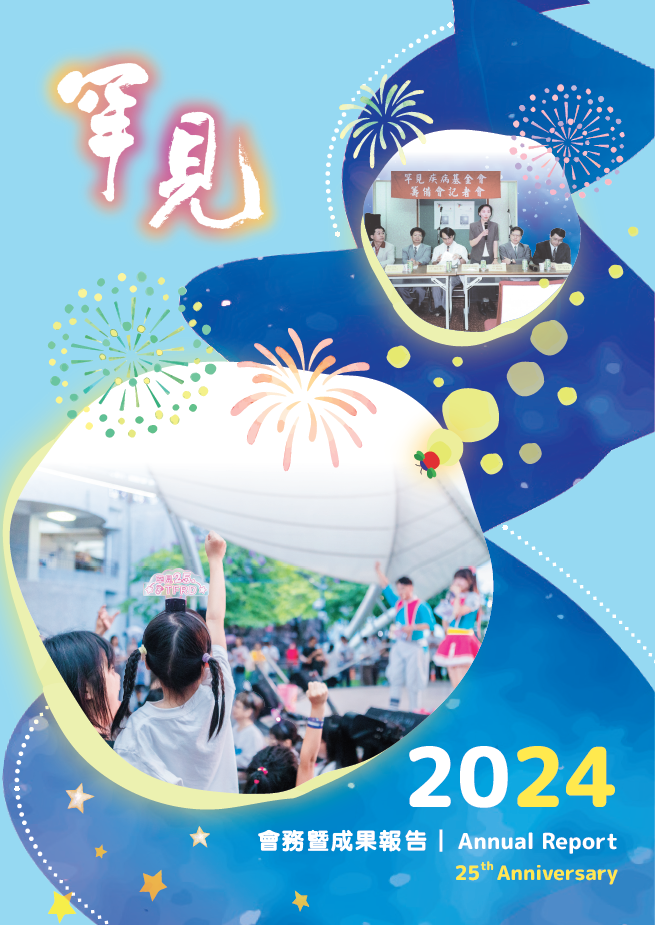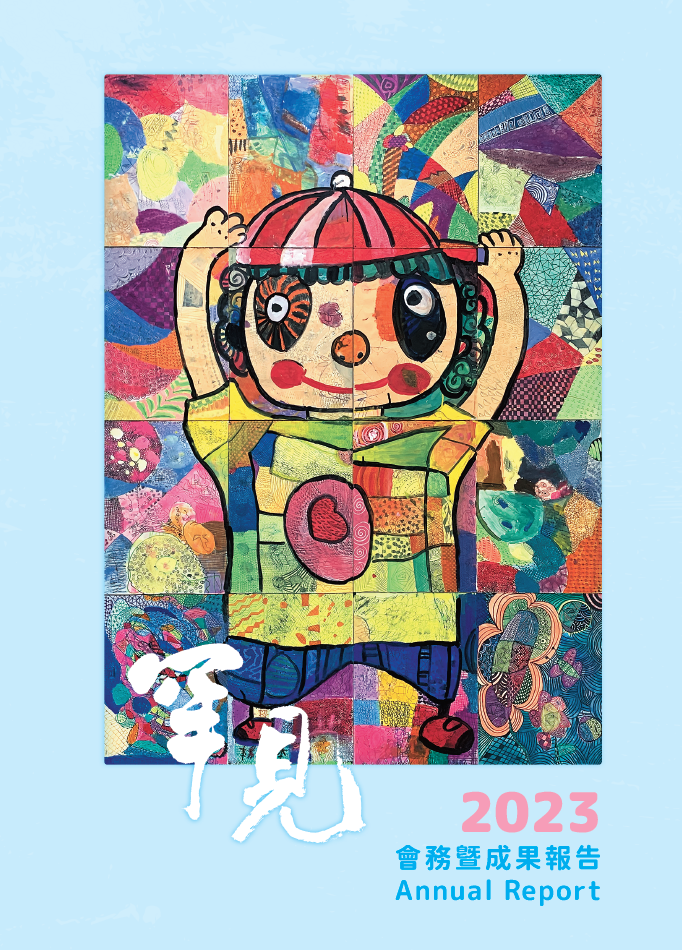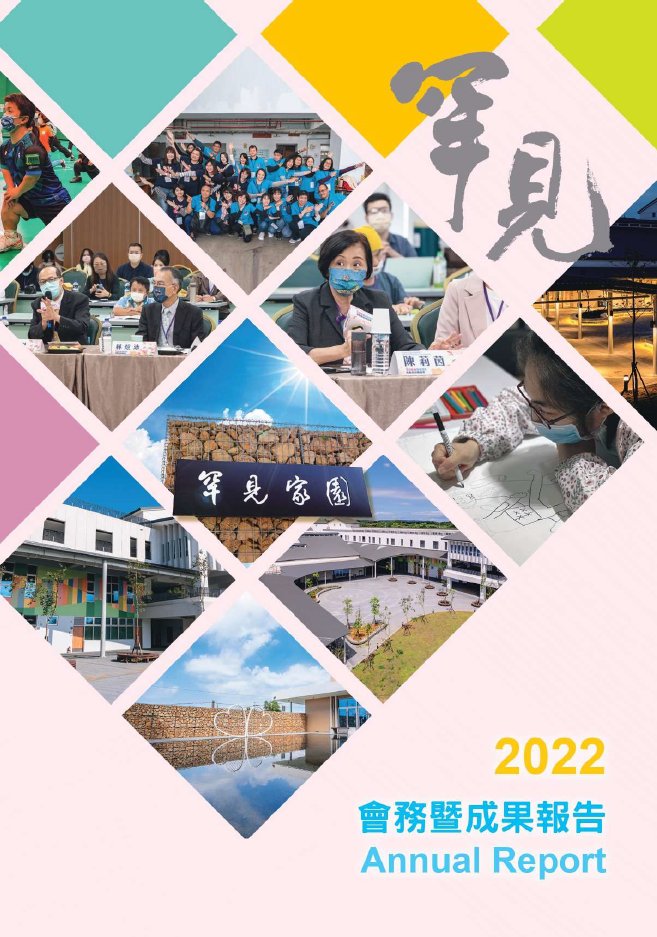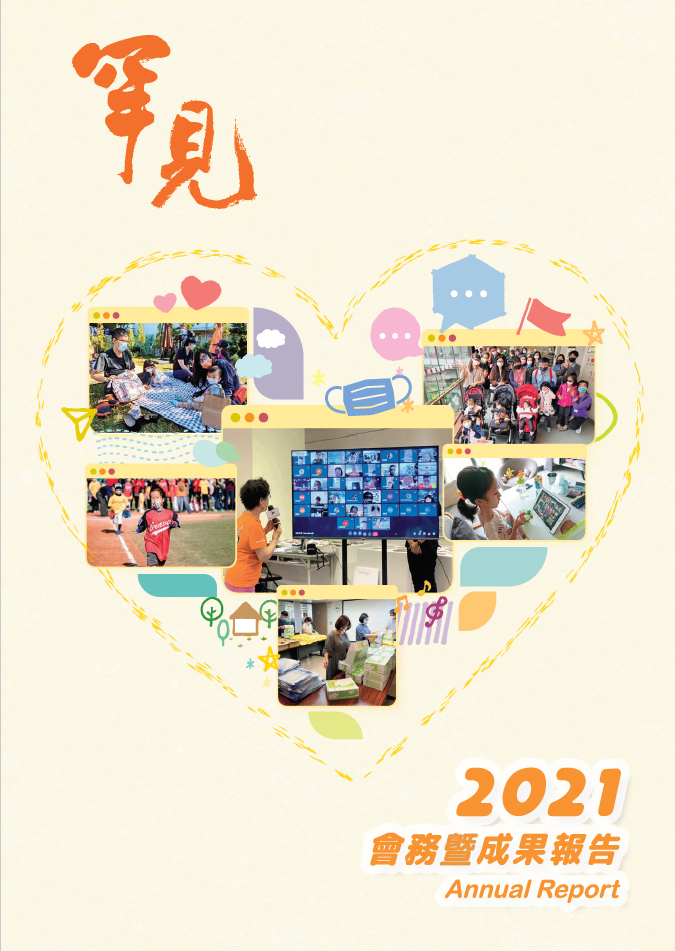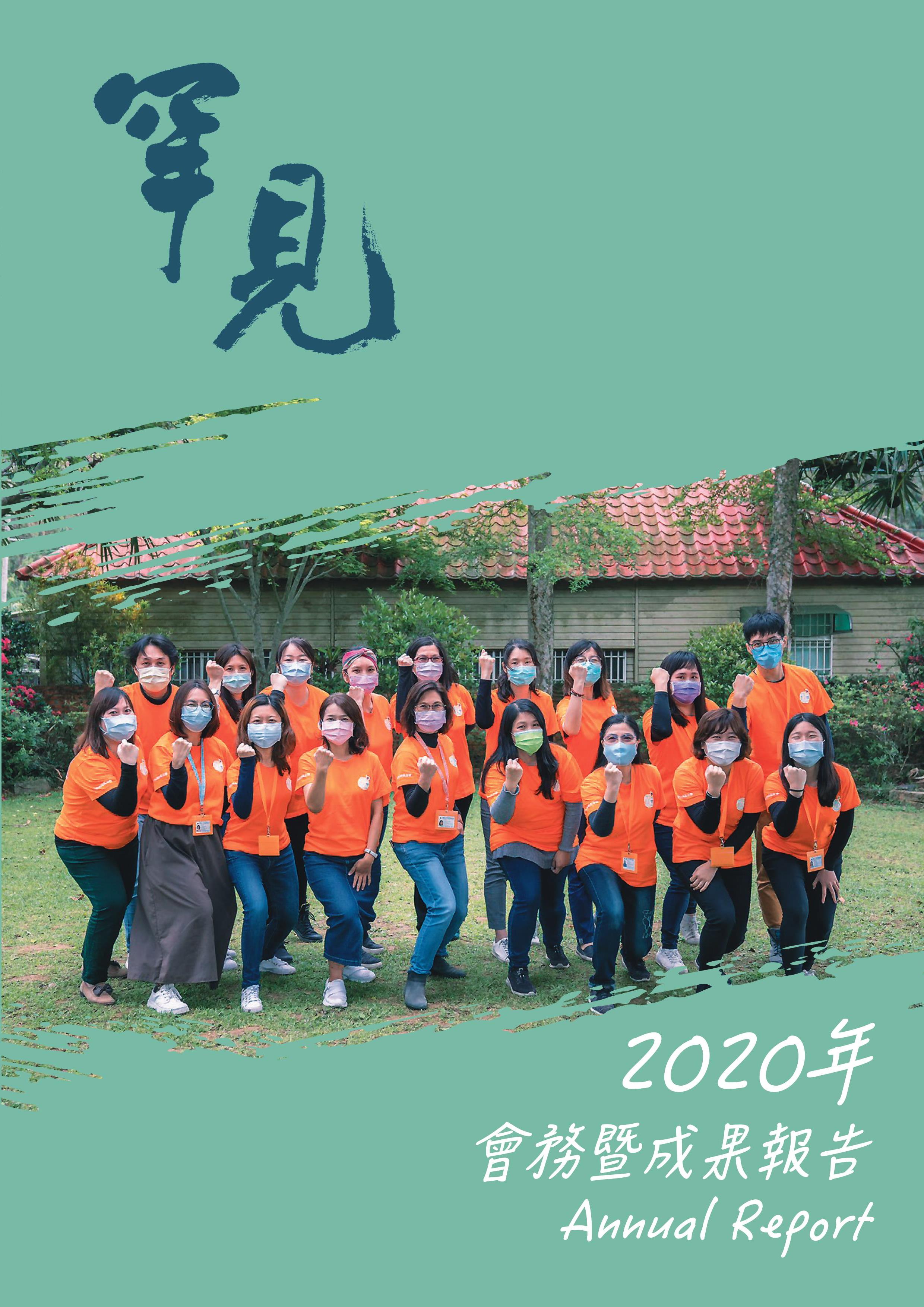Summary of 2017 Annual Report
Different from EU and America’s approaches to rare disease tilting to research and development of orphan drugs and transnational medical cooperation, TFRD (Taiwan Foundation for Rare Disorders) has its focuses on need of patients’ family. For the past 19 years we have contributed in fields of nurturing social care, policy promotion, NHI (National Health Insurance) coverage, prevention care, long-term care, education, and self-development of patients etc., and have dedicated to be a patient-centered non-government organization. In 2000, TFRD supervised and urged the completion of passing the legislation of “Rare Disease Control and Orphan Drug Act”, which not only made Taiwan the fifth country in the world with relevant laws, but also the first law covered subsidies for rare disorders and encouragement of rare disease prevention, cure, research and development. Furthermore, TFRD continuously facilitated laws that rare disorders have welfare benefits as disability, NHI coverage as major illnesses and NHI special payment coverage for orphan drugs. Moreover, we supervised government taking its legal role and responsibility as guardian of rare diseases patients.
TFRD launched ”Expended Newborn Screening Pilot Project” since 2000, which uses newborns’ few drops of blood to screen nearly 30 kinds of rare diseases by tandem mass spectrometry as the first line of defense. Then in 2003, TFRD further devoted to affairs regarding subsidies for indigenous newborns screening and has been continuously gatekeeping next generation of indigenous Taiwanese’ health for 14 years. With consistent service spirit, TFRD was awarded ”Yuen-Shu Award” by Council of Indigenous Peoples symbolizing the highest accolade of contribution to indigenous people. It is our affirmative goal to promote prevention and cure of rare disease, to care for newborns’ health and watch and support families suffering from rare diseases.
Considering families suffer from genetic transmission of rare diseases, in additional to indirect service such as proposing issues, TFRD designed a series of service programs. 2017, there were 252 kinds of rare diseases, 6,338 patients (894 passed away) in total served by TFRD’s programs. Our programs contain project and individual services. Project service programs provided services to 21,823 persons who were benefited from economic benefits, tube feeding dietary supplements, mental health, performance workshop to micro insurance etc. And there were 3,657 persons using individual service which includes genetic and nutrition counseling, medical services etc. We also assisted 340 high-risk families get through with intensive supporting and caring. TFRD also sets up consultation line which enables general public with rare disease questions to call for advices. There were 363 phone consultation cases in 2017. In addition, in cooperation with Taiwan Organization for Disadvantaged Patients, we provide services to 32 kinds of disease that have medical disadvantages with mental support and resource links.
Problems of limited rehabus and accessible taxis, inconsistent charging and overcharging of accessible taxis have affected rare disease disabled’s capability of going outside and seeking medical service conveniently. In order to enhance the efficiency of mobility and possibility to participate social activities to rare disease patients, TFRD initiated accessible taxi fare subsidy trial scheme from September to November, provided allowance for economically disadvantaged wheelchair users. Consequently, there were 34 persons submitting applicants and 9 of them got the ride. Beneficiary patients gradually gave positive feedbacks for the convenience of accessible taxi. Hence, we decided to expand the scale in terms of duration and number of users next year.
To enhance public awareness and their understanding and recognition to rare disease, TFRD dedicated in increasing media exposure with various promotion schemes. In 2017, TFRD and media company co-produced 8 episodes of in-depth coverage “CTS News Magazine-- Seeing the Rare Vitality” , launched the first microfilm ”Love & Roll Call -- lives with unique vitality”, invited baseball player Chien-Ming Wang, Chun-Yang Tsao and actress Ken-Ju Meng as public ambassadors.
TFRD constantly provides training courses for professionals in various fields to encourage and activate self-development and thus maintain high quality of service.
There were two professional courses held this year “Rare disease college course” for college students and” Rare disease teacher training course” for compulsory education teachers.
To promote professional knowledge of rare disease to patients, the general public and specific professionals, TFRD issues publications, develops digital resources, updates official website and releases e-newsletters regularly. Until the end of 2017, TRFD has published 4 books with external partners, 24 books of rare disease series independently, 1 picture book, 21 care brochures, issued journals (seasonal) 72 times and reached circulation 813,000; There are 136 issues of e-newsletters and 7,454 subscribers each issue; 137 kinds of leaflets; 19 kinds of CD/DVD; Annual affair and final report of 2. Most of all, in 2015, we co-produced with Philharmonic Radio Taipei broadcast drama “Isle of firefly story” introducing and featuring different kinds of rare diseases by storytelling, which has gained many positive feedbacks. Therefore, we further published 12 audio and picture books of “Isle of firefly story” in 2017, contents include introduction general knowledge and 11 kinds of rare diseases. With which we expect to assist school teachers use as a tool promoting rare diseases, letting children learn more about rare diseases through reading and listening.
To encourage experts and scholars or medical staff’s devotion in advancing medical care and research of enhancing patient’s quality of life, up until end of 2017, TFRD has entrusted 40 projects, subsidized NTD16.74 million; 104 doctoral and master’s theses, sponsored scholarship NTD4.08 million in total.
TFRD also proactively connects with international associations and patient organizations, hoping to accumulate services through encouragement and sharing experiences, thus to promote quality of rare disease’s medical service and concerns on human rights. This year, we are invited to “Rare Disease Seminar”, sharing TFRD’s development and service in Taiwan by Hong Kong Peninsula Rotary Club, “12th Asia-Pacific Conference on Human Genetics” and” 18th Asia LSD Symposium” in Thailand, “2nd ASEAN+ Rare Disease Network Meeting” at the end of the year held by Rainbow Across Borders in Singapore. We also received several foreign experts of rare disease such as president of ASrid Yukiko Nishimura from Japan, president and CEO of Canada Organization for Rare Disorders Dr. Durhane Wong-Rieger, Labour party (Hong Kong) councilor Dr. Fernando Chiu Hung Cheung, whose daughter suffers from Mowat-Wilson Syndrome and League of Social Democrats councilor Kwok-Hung Leung, chairman of Conference of Non-Governmental Organizations in Consultative Relationship with the UN (CoNGO) Cyril Ritchie, Chinese Organization for Rare Disorders(CORD) chief Kevin Huang.
Welfare Home is the key project of TFRD’s 2nd decade establishment, aiming to create a place where patients feel comfortable mentally and physically, combining farming, leisure, rehabilitation, psychological counseling, skills cultivation, respite care service, family activities and social education. Since transplantation of Osmanthus tree project beginning at the end of 2015, and adoption plan of “500 Osmanthus trees, 500 benefactors.” in 2016. TFRD then in 2017 entrusted engineering company to conduct preparatory work such as business plan, geological drilling, hillside scrutiny, soil and water conservation supervision etc. for featured disability welfare service center, which is expected to break ground in September, 2018 and serve for rare disease families.
Over the past year, every staff in TFRD dedicated to achieve rare disease patient-centered goal. Welcome to join us in 2018 and support rare disease families continuously. With your help, they will never give up.

